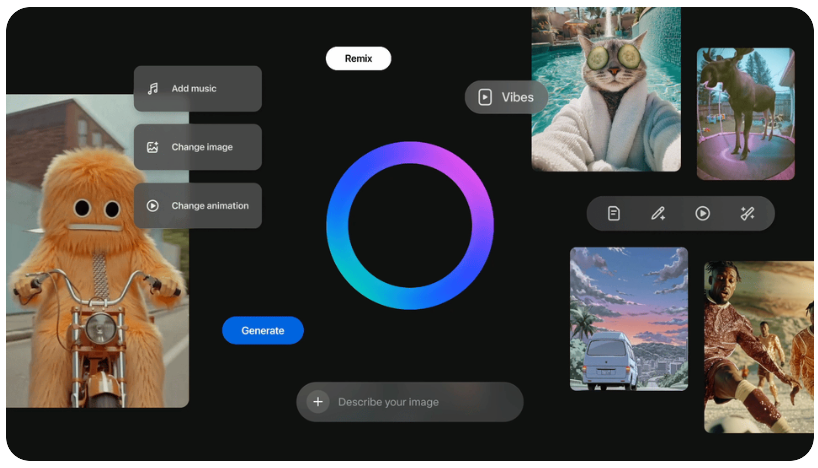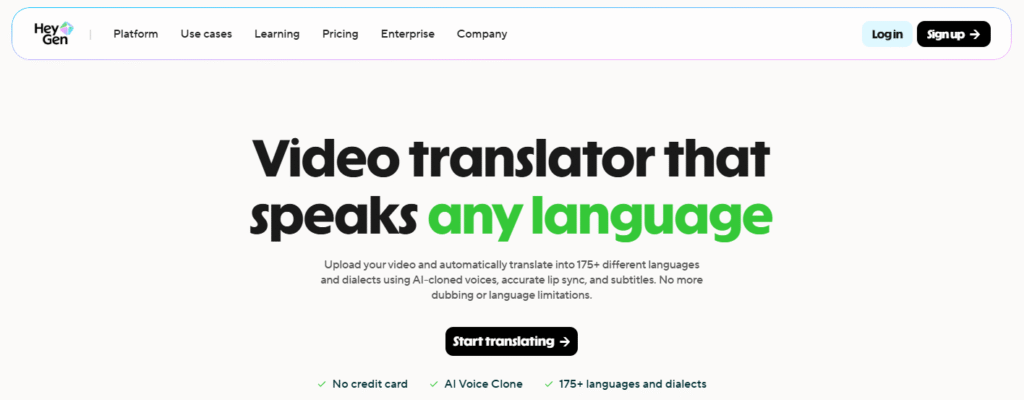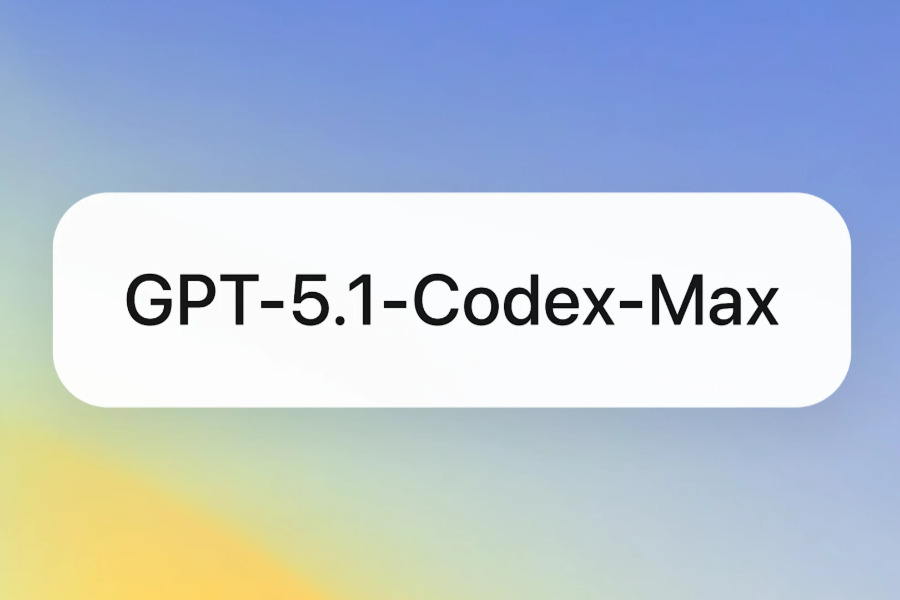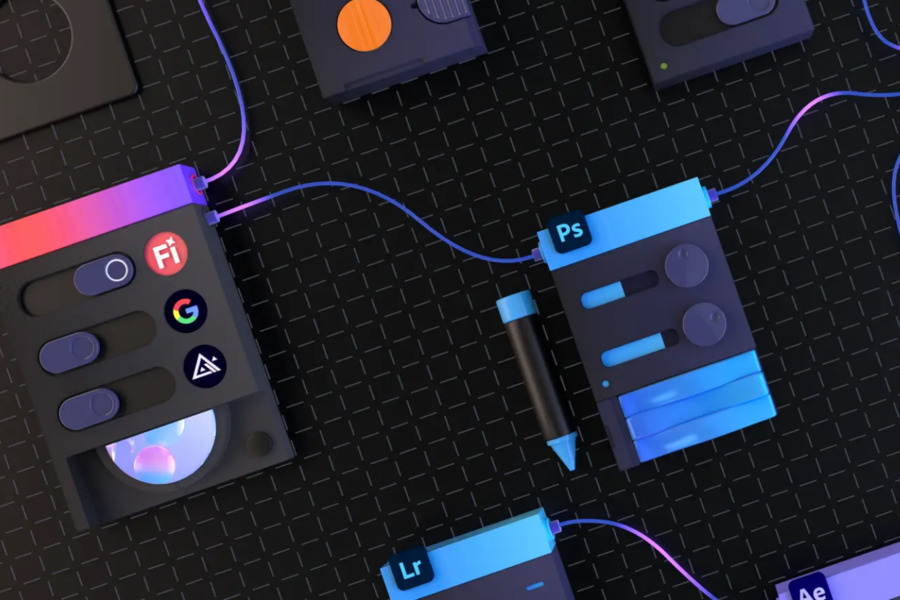Welcome to AgiYes‘s AI News Weekly!
This week in AI was packed with major moves, from the launch of powerful new models to clever applications now hitting the market. Here’s a look at the key AI developments that caught our eye.
Top 10 AI News from November 1-7, 2025
1. Sora for Android Sees Explosive First-Day Downloads
OpenAI’s latest AI video app, Sora, launched on Android on November 6, attracting nearly 470,000 downloads on its first day. According to data from analytics firm Appfigures, this figure covers all regions where Sora was released.
The Android version outperformed its iOS counterpart, which saw around 360,000 downloads on its debut—a 327% increase compared to the iOS launch. This strong start highlights Sora’s growing appeal in the competitive video app market
2. Google AI Introduces DS STAR
Google’s AI research team has unveiled DS STAR (Data Science Agent via Iterative Planning and Verification), a multi-agent framework designed to translate ambiguous business problems into executable Python code without human intervention.
Unlike traditional data science agents that rely on structured SQL databases, DS STAR processes mixed-format data files—including CSV, JSON, Markdown, and unstructured text—streamlining data analysis workflows.
3. Meta AI‘s Vibes Short Video Platform Expands to Europe

Meta announced on Thursday that Vibes, its AI-generated short video platform, is now available in Europe through the Meta AI app. Similar to TikTok or Instagram Reels, Vibes distinguishes itself by using AI to generate every video users view and create.
The expansion marks Meta’s latest effort to integrate generative AI into social entertainment, offering a unique, automated content experience.
4. Google Maps Integrates Gemini AI for Enhanced Navigation
Google Maps is set to incorporate Gemini, the company’s generative AI chatbot, as a voice assistant to simplify location searches. Users can soon find destinations using voice commands, making navigation more intuitive.
The feature will roll out globally over the coming weeks to all Gemini-compatible Android and iOS devices, reinforcing Google’s commitment to AI-driven usability.
5. HeyGen Launches AI Video Translator with Realistic Localization

HeyGen, a global AI video generation platform, has introduced a next-gen video translator that delivers hyper-realistic localization.
The technology enables foreign speakers to appear fluent in translated languages—complete with matching tone, expressions, and lip movements—using breakthroughs in AI synthesis. Available via web, iOS, and API, the tool includes free trial credits for users.
6. Gemini 3 Pro Preview Appears on Vertex AI
A preview version of Google’s Gemini 3 Pro, identified as “gemini-3-pro-preview-11-2025,” has been spotted on Vertex AI. Though not yet accessible, the listing suggests an official release this month. The model is expected to support a 1-million-token context window, enabling more complex and extended AI interactions for developers and enterprises.
7. Google Gemini AI Launches Deep Research Feature
Google has rolled out a “Deep Research” feature for Gemini AI, which extracts data from users’ Gmail, Google Drive, and Google Chat to generate detailed research reports. A highly anticipated addition, the tool aims to deliver comprehensive and accurate insights, streamlining how users gather and analyze information across Google’s ecosystem.
8. Google Chrome Adds AI Mode Button
Google has introduced an AI mode shortcut button in its Chrome browser for iOS and Android, enabling faster access to AI-powered search. Starting in the U.S., the feature appears on new tabs and will expand to 160 countries, supporting languages such as Hindi, Indonesian, Japanese, Korean, and Portuguese. The update underscores Google’s push to integrate AI seamlessly into everyday browsing.
9. Google Gemini to Launch Nano Banana2 Image Model
Google is preparing to release Nano Banana 2, an advanced AI image generation model internally known as “GEMPIX2.” A recent announcement on the Gemini website hints at a launch within weeks, signaling Google’s accelerated innovation in generative AI. The model aims to deliver efficient, high-quality image creation for diverse user needs.
10. ClickUp 4.0 Debuts with AI Agents and Redesigned UI
ClickUp has launched ClickUp 4.0, featuring a fully redesigned interface and two new AI agents. The update integrates task management, document collaboration, messaging, scheduling, and enterprise search into a unified platform. By combining these tools, ClickUp aims to become an all-in-one operating system for work, reducing reliance on disparate software solutions.
Final Thoughts on This Week’s AI News
This week solidifies a strategic pivot from standalone AI tools to deeply integrated ecosystems. Major players like Google, Meta, and OpenAI are aggressively embedding generative AI into core products—from Maps and Chrome to social platforms—making advanced capabilities a seamless part of the user experience.
Simultaneously, the focus is shifting from mere content creation to sophisticated, multi-agent automation and hyper-realistic media localization, signaling AI’s move into more complex, mission-critical tasks across industries.
Read More:



